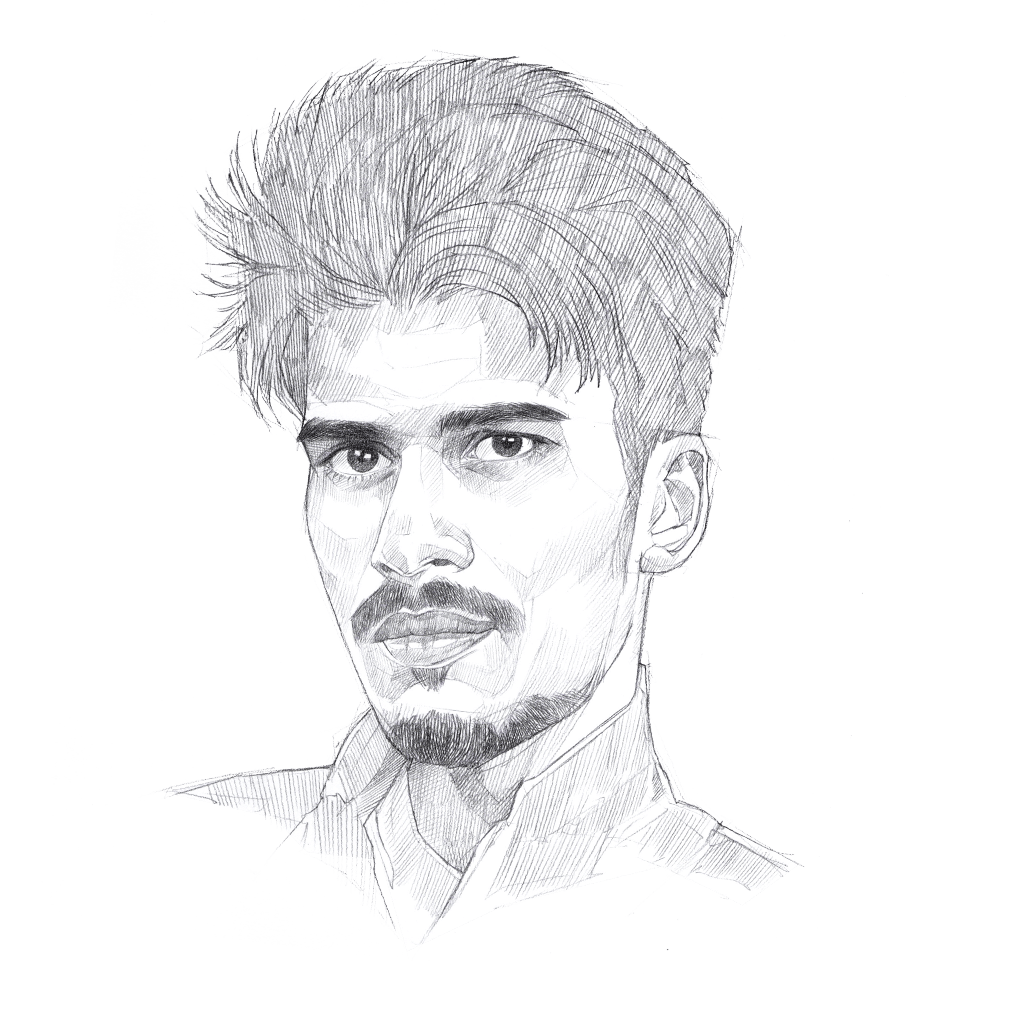Latin America
I think the first thing I would say [if a friend came to me for advice following a sexual assault] is go directly to a doctor or nurse as soon as possible so you can…
I agree with everything that’s been said, but I feel like beyond that, the first thing that should be done [if a friend discloses] is make sure the person is fine physically, and that the…
[I think it is important for the person who supports a survivor to be] trustworthy and that the person understands and values the story that I’m gonna share with them, that something will be done…
Participant 1: I haven’t seen this policy and I think it’s important for all students, girls and boys, to know this information; because sometimes when someone suffers this, they don’t know what to do […].…
Something I think also happens in the Latin community is that sometimes we can be a little bit too nosy, like, we want to know what happened just for our sake, but we should be,…
Well, I have two things to say. One is that we all came to the conclusion that it is important for the policy to be visible, not only for new students but old students, faculty,…
I think the person that’s gonna help someone that has suffered sexual assault has got to be trustworthy and they have to be compassionate, like, someone who puts themselves in other people’s shoes, that are…
Because we don’t know about this policy, I think this is one of the main reasons why people who have suffered from sexual assault never speak up. Because they don’t know where to go, or…
They [survivors] don’t wanna hear, “Oh, you should have done this,” or “What were you wearing?”or “What were you doing? Were you drinking? Were you drunk?” Because that is just judging the person and that…
I think that might be one of the reasons why [victim/survivors don’t come forward] and well, someone who goes through that, I feel like the last thing they want to do is to have to…

